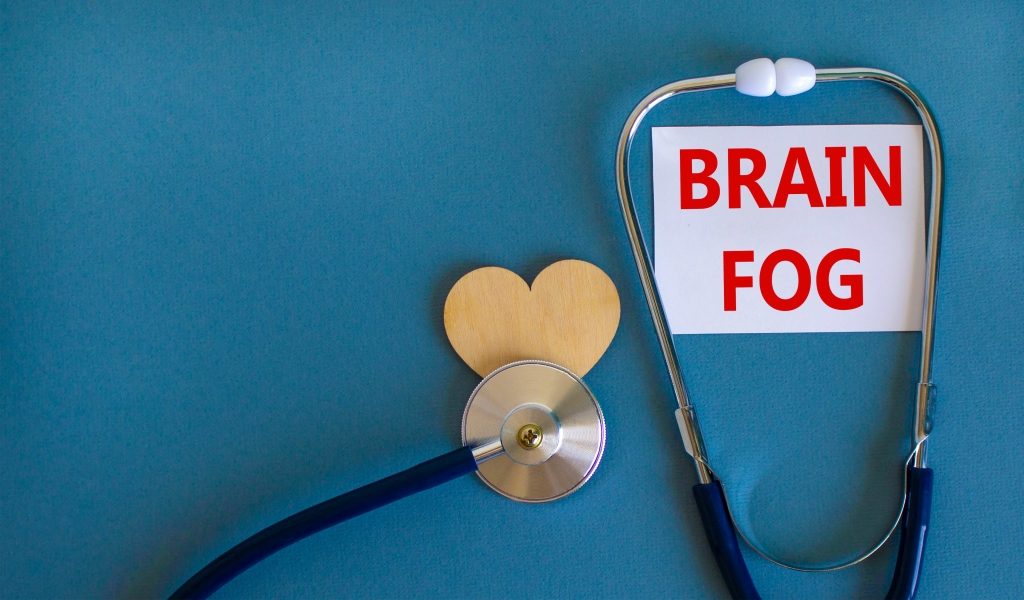Early recovery is a time of transitioning, from one life to another. It’s like the lobster that outgrew his shell. While waiting for the new one to harden, the lobster https://saminvestor.ru/context/?parent=rubricator&child=getresearch&id=21558 needs to be very careful, for this is when he is most vulnerable.
Physical Health

People new to recovery can find themselves approaching their new diet, exercise program, job, and even participation in support groups with a compulsion that echoes addiction. A therapist can help you learn new coping skills, develop new thinking patterns, and address any co-occurring mental health conditions that may make recovery more difficult. Sometimes people think alcohol use is “heavy” or excessive only when the person consuming alcohol is passing out or becoming aggressive with others.
- So, starting slow, from 15 minutes every day is considered to be something more attainable and reasonable.
- Addiction doesn’t always mean alcohol abuse or using drugs.
Maintain Ongoing Professional Support
Every step forward, no matter how small, is progress. Staying sober long-term is a challenge, but it’s not impossible. Research shows that with the right strategies, you can maintain your sobriety for years to come. It means being able to track the progress of a goal – whether one is closer to achieving it, achieved it, or still has work to do. For instance, if the goal is to practice mindfulness for 30 minutes daily, tracking progress will involve how long one is able to practice it daily without any distractions. If you do relapse, don’t let it slip back into full-out abuse.

Stay Mindful of Relapse Warning Signs

And research shows that micro-dosing with psilocybin mushrooms has several benefits for mood, social functioning, and mental health. So there is a recovery community that microdoses called, Psychedelics in Recovery. Furthermore, the 12-step model takes their sobriety “one day https://www.newsfactory.kz/bul_12216.html at a time” and promotes daily meetings as part of their recovery plan.
- Especially in your first few months of sobriety.
- You may also experience what is commonly called sobriety fatigue, which refers to the overall exhaustion that may occur as a result of the emotional and physical stress of staying sober.
- Having a chaotic or disorganized lifestyle can also hinder your recovery.
- Through therapy, I have been diagnosed with ADHD.
- The National Institute on Drug Abuse recommends comprehensive health check-ups at least annually for individuals in recovery.
Physical Effects of a Relapse
Blah is neither up, nor down but rather, flat. Your dopamine receptors are depleted; it will take time to get them back to where they were before you started blocking them with substance. Exercise releases chemicals in your brain that make you feel good. It boosts your self-esteem and helps with sleep.
What Is Sobriety, Anyway?
- Many individuals who attempt to get sober on their own face a high risk of relapse, along with a lack of support to lean on during such a difficult time.
- It’s crucial to have a relapse prevention plan in place.
- Explore your options, and don’t give up on finding a source of help.
- A mental health professional can help you cope with some of the challenges you’ll face on your path to sobriety.
Why being sober https://www.panvasoft.com/rus/497/gb/3.html is better not only includes the physical and emotional benefits but also the profound sense of pride and accomplishment that comes with maintaining sobriety. This can boost your self-esteem and confidence, which are essential for a fulfilling life. Alcohol abuse is closely linked with conditions such as depression and anxiety.
Improved Relationships
- After establishing your expenses and spending budget, you can see what you have left to save and invest.
- Having peer support as part of your support network is helpful because it connects you with people going through the same journey.
- Aftercare programs are able to provide continued support, relapse prevention strategies, and resources to help strengthen and sustain long-term recovery.
- Many people who misuse alcohol or drugs have trouble dealing with anger.
- When you help others you focus on them and their needs, silencing the inner chatter.
So, something like going to bed by 10 PM is more specific. Always be willing to learn, and don’t assume you “know the way”. Whether you’re a teenager or an adult, its important to communicate with your family – especially your parents. At the same time, make sure you’re not lying to yourself.

